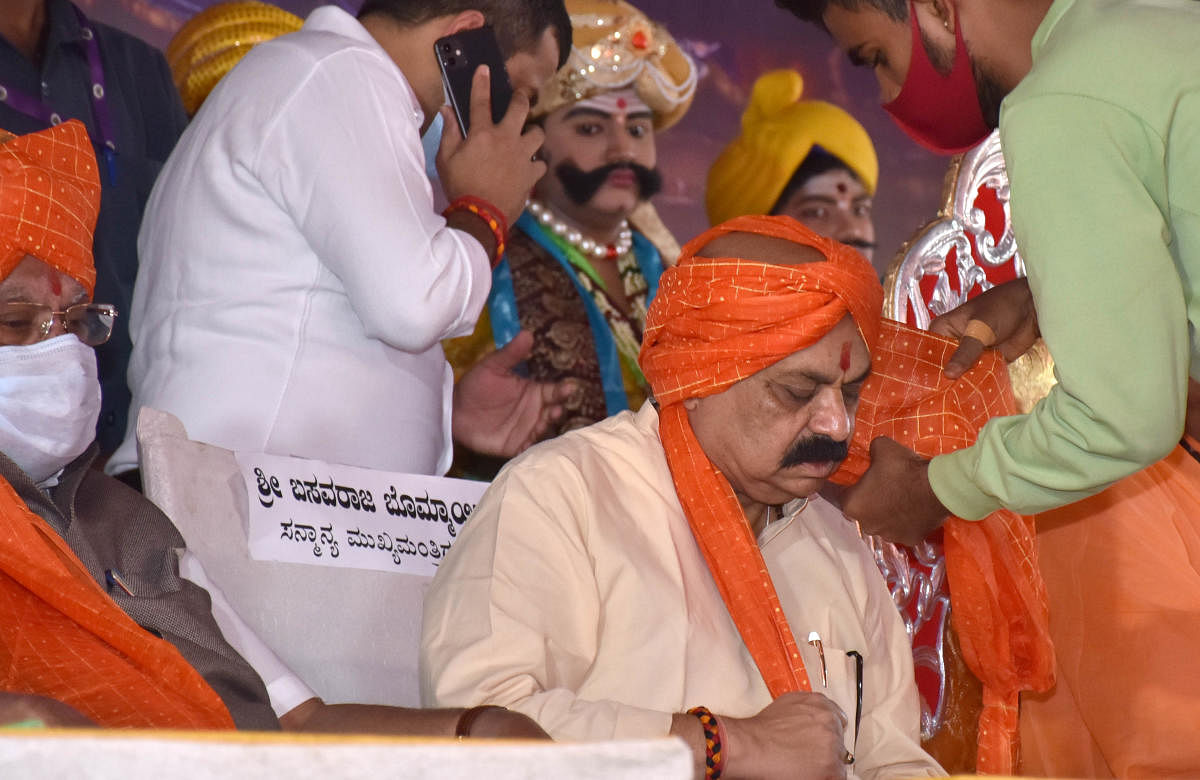The Rs 25-lakh compensation announced by the Karnataka government to the family of Bajrang Dal activist Harsha, who was recently murdered in Shivamogga, is bad in law, discriminatory, and solely aimed at appeasing the Hindutva constituency of the ruling BJP. It could open up the flood gates for similar demands from the relatives of others who have been murdered or maimed. The BJP and Chief Minister Basavaraj Bommai himself have claimed that Harsha’s killing was “more than a murder,” seeking to give political or communal colour to it. Police, on the other hand, are on record that Harsha had criminal antecedents and was involved in at least five cases of assault and attempt to murder, with these cases themselves having communal overtones. He was also accused of being part of a mob that attacked Muslim traders in Shivamogga. The investigation so far has not ruled out retribution by rivals, no chargesheet has been filed yet, no trial has taken place, and no court verdict has been pronounced on what was behind the murder. In this situation, for the government to pay compensation to the victim’s kin out of taxpayer’s money is improper. The BJP as a party is free to pay any amount of compensation from its own kitty, but it cannot give it out of government money.
The BJP has in the past given political or communal colour to the deaths of persons it has claimed to be party or Sangh Parivar workers. Opposition Leader Siddaramaiah has put out a list of 25 cases in which the BJP has done so but the police chargesheet mentioned the motive for murder as personal vendetta, suicide due to depression, land dispute, or illicit relationship. In some cases, including in the death of a few Hindus, the police chargesheets have mentioned the involvement of Sangh Parivar members themselves, he has alleged. The government or BJP have not yet denied his charges.
India, which is a signatory to the UN declaration on justice to victims of crime, has launched the Central Victim Compensation Fund with an initial corpus of Rs 200 crore, but the scheme is yet to be fine-tuned. The enthusiasm that the Karnataka government has displayed in Harsha’s case was not evident when a Dalit Congress worker died after being mercilessly beaten by a right-wing activist, or when several Muslims lost their properties during the DJ Halli riots, nor even when an Indian Army soldier from Kodagu, Altaf Ahmad, was martyred in Kashmir recently. While there is an urgent need to evolve a comprehensive and just policy, the government should follow the principle of equality, fairness and transparency in awarding compensation from the public kitty. Harsha’s case does not pass this test.
